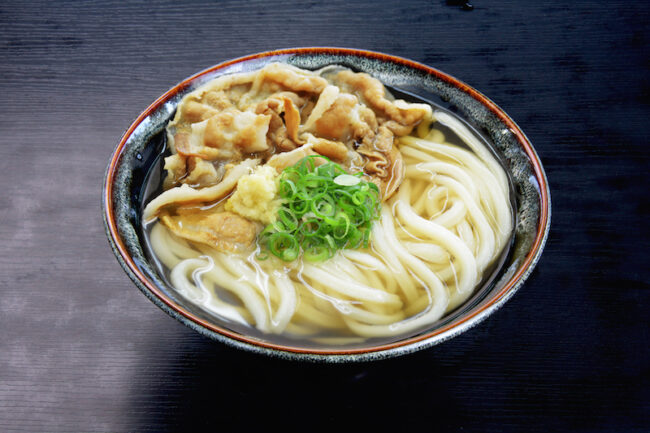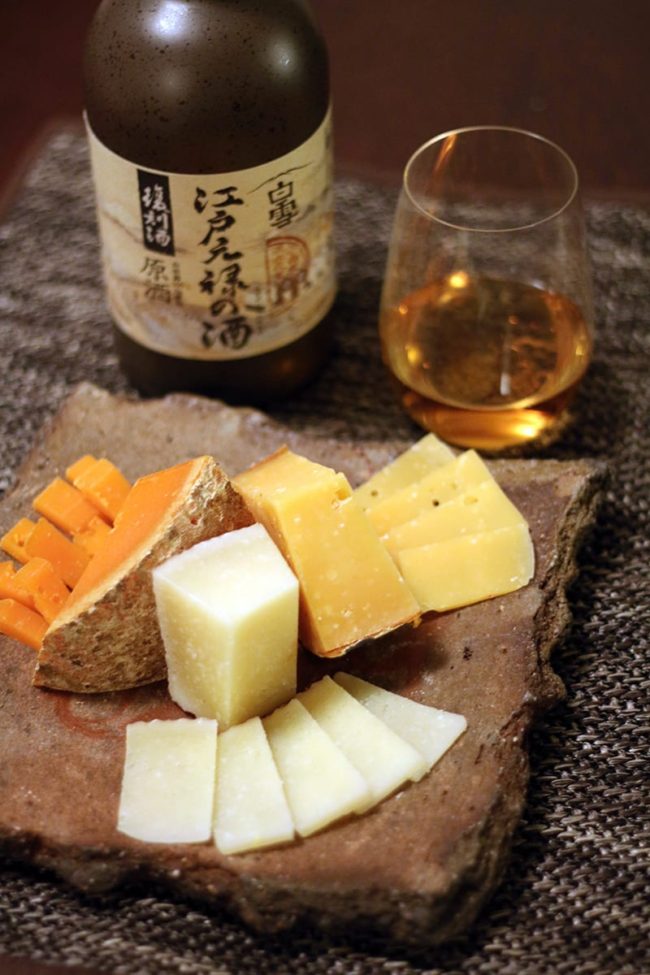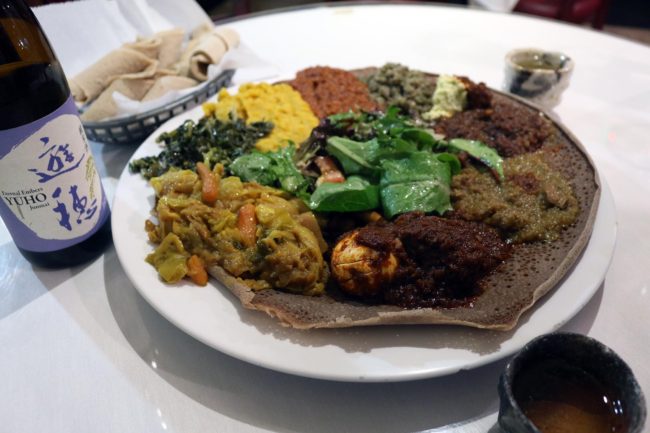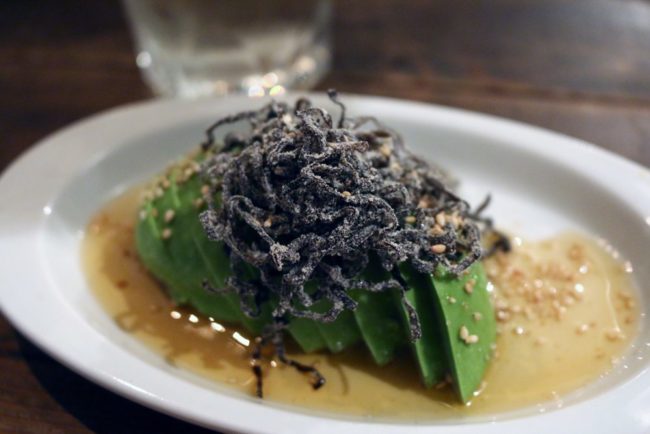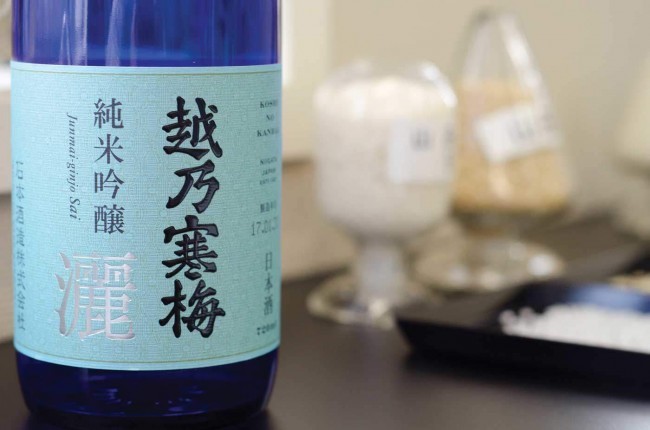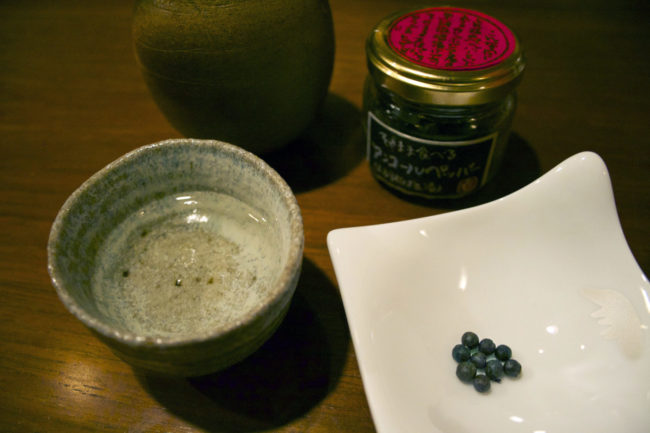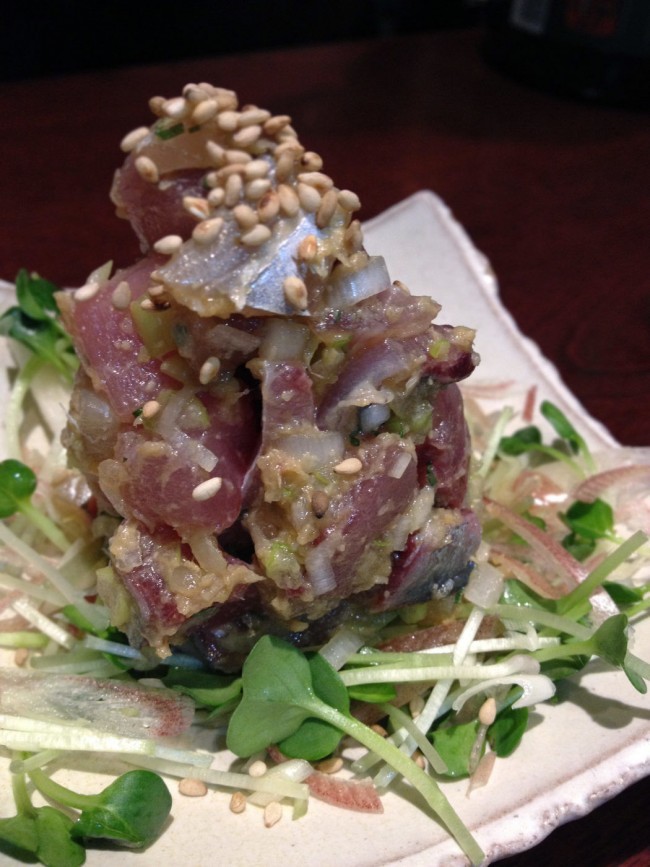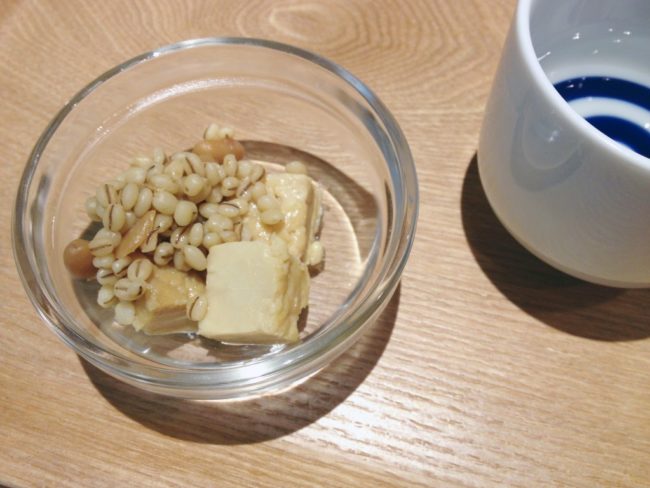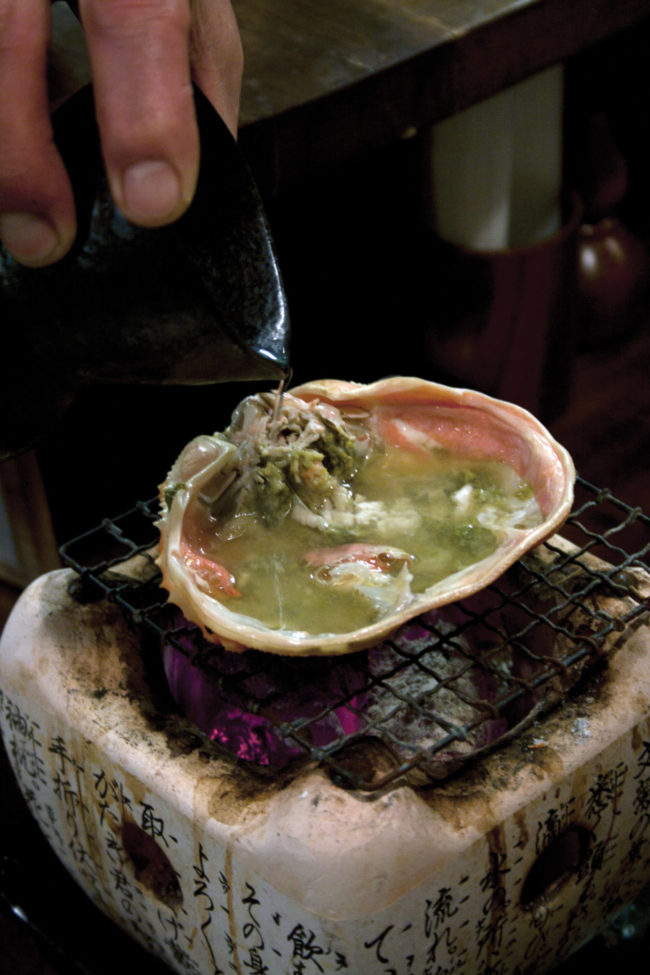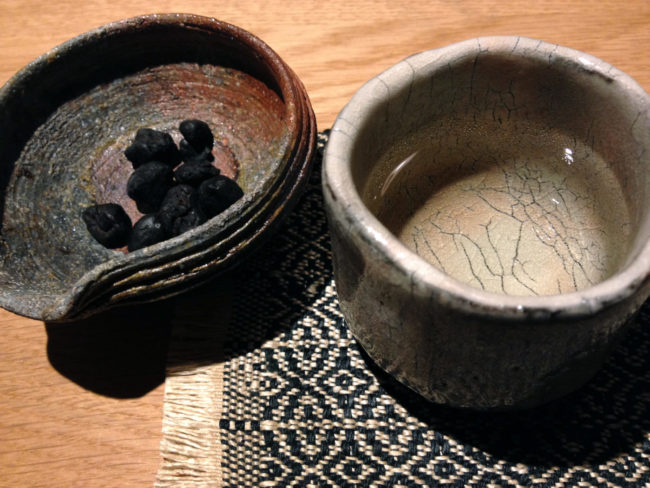Sanuki Udon
“Sanuki udon is the soul food of Kagawa,” remarks Hideo Tadokoro, owner of several fine dining establishments, including the sake-themed restaurants Sake Tottari and Akatsuki no Kura in Yokohama, both of which proudly serve Kagawa’s own Kawatsuru sake among their selections. He speaks like the true Kagawa native he is and encourages me to delve…
